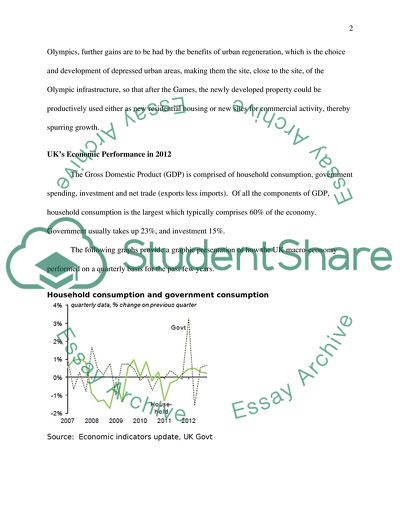Cite this document
(The Influence of 2012 London Olympic Games on Britain's Economy Case Study, n.d.)
The Influence of 2012 London Olympic Games on Britain's Economy Case Study. Retrieved from https://studentshare.org/macro-microeconomics/1616190-data-results-and-discussion
The Influence of 2012 London Olympic Games on Britain's Economy Case Study. Retrieved from https://studentshare.org/macro-microeconomics/1616190-data-results-and-discussion
(The Influence of 2012 London Olympic Games on Britain'S Economy Case Study)
The Influence of 2012 London Olympic Games on Britain'S Economy Case Study. https://studentshare.org/macro-microeconomics/1616190-data-results-and-discussion.
The Influence of 2012 London Olympic Games on Britain'S Economy Case Study. https://studentshare.org/macro-microeconomics/1616190-data-results-and-discussion.
“The Influence of 2012 London Olympic Games on Britain'S Economy Case Study”, n.d. https://studentshare.org/macro-microeconomics/1616190-data-results-and-discussion.


